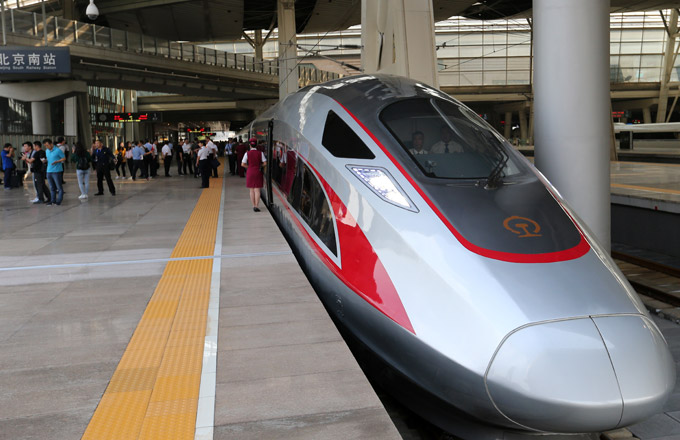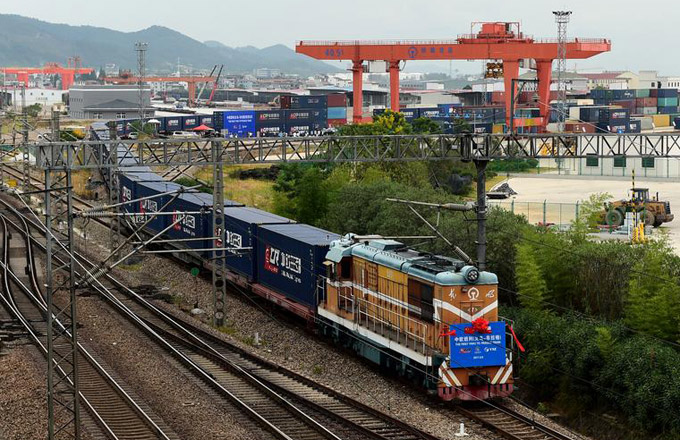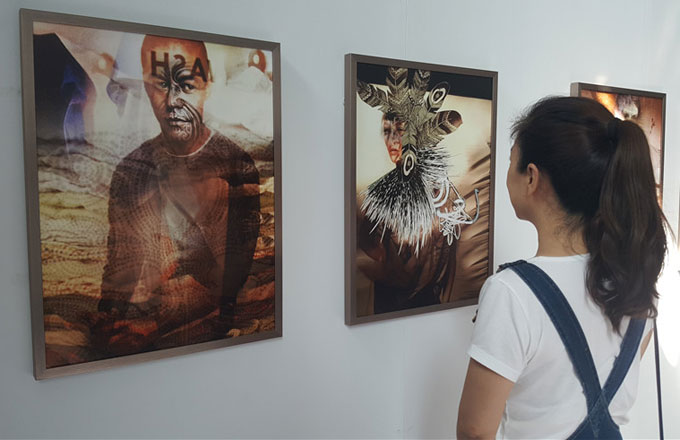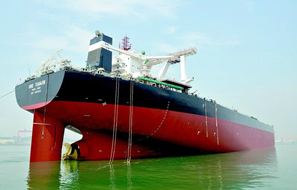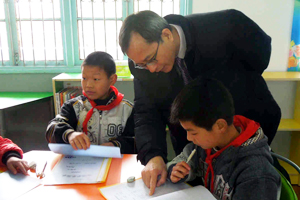Observers highlight warmth, wisdom in Xi's unique diplomatic strategy
BEIJING - Global observers have been speaking highly of the warmth and wisdom embedded in the "unique diplomatic strategy and style" crafted by Chinese President Xi Jinping.
The observers made the remarks in reaction to "Major-Country Diplomacy," a six-episode political documentary rolled out by China on its diplomatic principles, practices and achievements over the past five years.
The TV series on China's major-country diplomacy sums up quite effectively some of the most important events of the last five years in which China has played a decisive role, said William Jones, the Washington Bureau chief for Executive Intelligence Review news magazine.
"It gives the picture of a man who is genuinely a 'people person' and shows the sincere warmth of his personality," Jones said, referring to the Chinese president who took office in March 2013.
The series breathes a spirit of hope and optimism into a world still plagued by poverty, wars and devastations, he said, noting that Xi's call for a new paradigm in international relations based on a win-win formula represents a clear break with the old political formulas characterized by zero-sum geopolitics.
Khairy Tourk, a professor at Stuart School of Business of Illinois Institute of Technology (IIT), said the developing countries have been trapped in the post-1945 global order, where they are always at a disadvantage.
"Xi's policies are changing all of that," he said.
Among others, the observer said many weak nations have been trapped in the old order because they are raw material-producing countries and lack the means to achieve modernization; meanwhile, China is ready to share its advanced technology, like high-speed railway technology, with these countries.
China's major-country diplomacy "treats all countries, big or small, as equals" and "promotes friendship among peoples as the bedrock and guarantor of friendship and cooperation among states," said Keith Bennett, vice chairman of Britain's 48 Group Club.
Xi has crafted a unique diplomatic strategy and style for his country, which serves to not only promote the great rejuvenation of the Chinese nation, but also to move forward towards the creation of a shared future for mankind, Bennett said.
"As such, his energetic, tireless and visionary diplomatic activity is admired, appreciated and closely followed not only by the Chinese people, but increasingly by people all over the world as well," he said.
Taking notice of the wisdom in China's diplomacy, observers highlighted the Belt and Road Initiative proposed by Xi on Sept. 7, 2013 in a speech at Kazakhstan's Nazarbayev University.
The initiative comprises the Silk Road Economic Belt and the 21st Century Maritime Silk Road, which aims to build trade and infrastructure networks connecting Asia with Europe and Africa on and beyond the ancient Silk Road routes.
China launched the Belt and Road Initiative very seriously and with massive plans that would reach a larger part of the world, said Nourhan el-Sheikh, a professor of political science at Cairo University.
The Belt and Road Initiative is an expression of China's opening up 2.0, said David Gosset, a founder of the Europe-China Forum, adding that it is a structured global projection aiming at finding mutually beneficial political and economic synergies.
"The Belt and Road Initiative, without any doubt, is providing the world with a new economic engine," said Tourk.
This is the major engine for growth in the 21st century, he said, adding that with the policy, the economic outlook would be brighter.
The wisdom of China's diplomacy is also reflected in the reality that China has been seeking to build bridges with the West, and that it does not pose a threat to any other country in the course of its development, Tourk observed.
China needs technology from the West, while the West needs the Chinese market, and China is creating an interconnected world, he said. By doing this, China can get respect from other countries and will obtain win-win results together with the other countries, he said.
For Tourk, another reason leading to the success of Chinese diplomacy is patience.
"Eating bitterness," "thinking carefully before taking action," and always "thinking in the long-term" are unique Chinese values reflected also in its diplomatic policies, he said.
For example, the professor said, one of the reasons that the West has kept infrastructure development from expanding to developing countries is that people in the West want quick returns on investment.
China, however, provides countries with long-term loans in the construction of the Belt and Road, he said, noting that "patience is something to ensure the success of the grand vision of the Belt and Road."






